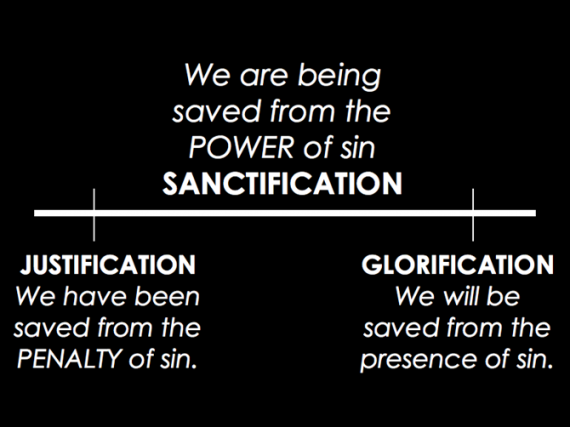Lots of people wonder about the role of good works in the life of the believer. While I agree that good works are important, I do not believe that good works are the necessary result of faith, nor do I believe that good works are necessary to gain entrance into heaven.
What Happens if You Don’t Have Good Works?
Some claim that while good works do not help a person gain eternal life, if a person does not have good works, then this proves that they never had eternal life in the first place and will not enter heaven with God in eternity. (To see some quotes from people who believe and teach this, check out the lesson “Good Works Cannot Prove Eternal Life” in my online course on the Gospel.)
 But this is the same thing as saying that good works are a necessary condition for entering heaven.
But this is the same thing as saying that good works are a necessary condition for entering heaven.
When good works are a necessary result of faith and justification, then good works become a condition for glorification and entrance into the eternal kingdom.
If someone has faith in Jesus, but they do not have the good works that some people think are necessary, then according to some systems of theology, those people will not enter into glorification.
In such a system, human effort and good works have entered into the chain of events so that if a person does not have the necessary good works, that person will not be glorified.
It is obvious that the only real difference between a person who has faith and good works and a person who has faith without good works is the good works.
If Good Works are a Necessary Result of Justification, then they are a Condition for Glorification
If someone teaches that only those who have both faith and good works will end up in heaven, this means that they see good works as a condition for entering into heaven and final glorification. In such theology, the chain of events is this:
Justification → Good Works → Glorification
In such thinking, if a person does not have the necessary good works, the entire chain unravels. The person will not get glorified because they apparently were not justified.
So the logical conclusion is that if good works are a necessary result of justification, then this makes good works a condition for glorification.
The following logical syllogism may help clarify this further.
1. If a, then always b (where b is something a believer is responsible for).
2. If a and b, then g.
3. Not b.
4. Therefore, neither a nor g.
If good works are a necessary result of justification, this syllogism would be read this way:
1. If one is justified (a), then one will perform good works in life (b).
2. If one is justified (a) and it has been proved by works (b), then one can be sure that one will get to heaven (g).
3. One does not have the necessary works (not b).
4. Therefore, one is neither justified (a) nor is going to heaven (g).
According to this logic, if a person does not have good works, he or she will not make it to heaven. And if a person does not make it to heaven, then he or she was not justified. So, a person who does not have good works is not going to heaven.
Logically then, the belief that good works are a necessary result of justification is equivalent to the belief that good works are a condition for entrance into heaven and glorification.

Yes, Good Works are Important!
None of this means that good works have no place in the life of the believer. As I point out in my online course on the Gospel, good works are essential in the life of the believer for many things. But good works are not necessary to gain glorification into heaven, or to prove that we have truly been justified.
If we want to maintain the gospel truth that eternal life is by faith alone in Jesus Christ alone, then we must hold to the biblical truth that good works do nothing to help earn, keep, or prove eternal life.
 Want to learn more about the gospel? Take my new course, "The Gospel According to Scripture."
Want to learn more about the gospel? Take my new course, "The Gospel According to Scripture."
The entire course is free for those who join my online Discipleship group here on RedeemingGod.com. I can't wait to see you inside the course!




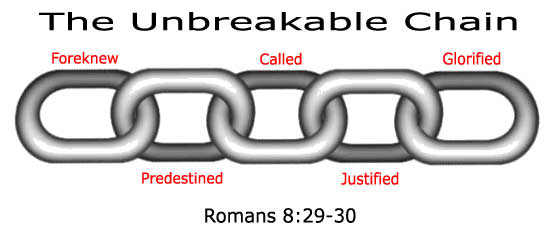
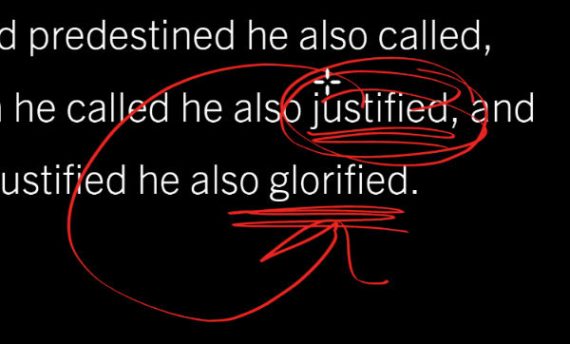
 Neither is too difficult for God, but the point is that if God justifies us freely by His grace while we were yet sinners, it is no problem whatsoever for God, once we have been justified, to then glorify us and freely give us everything else we need for life and godliness (2 Pet 1:3).
Neither is too difficult for God, but the point is that if God justifies us freely by His grace while we were yet sinners, it is no problem whatsoever for God, once we have been justified, to then glorify us and freely give us everything else we need for life and godliness (2 Pet 1:3).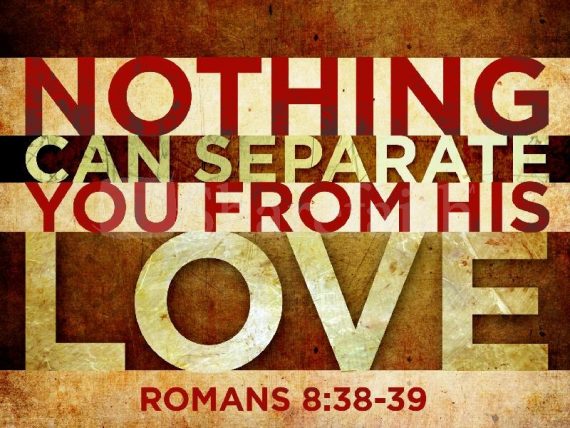
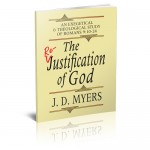



 In previous posts we looked at several words that do not refer to eternal life:
In previous posts we looked at several words that do not refer to eternal life: 